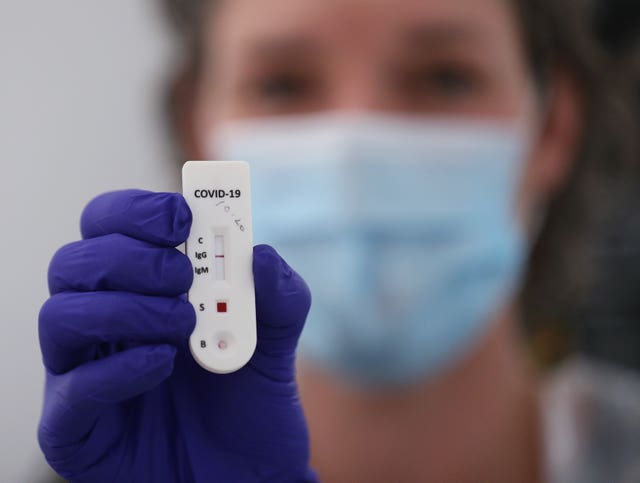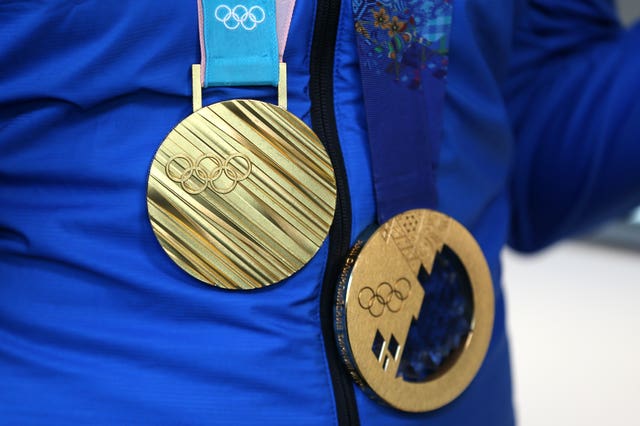Q and A as Olympic and Paralympic athletes given new Covid-19 guidance for Tokyo
Pretty much every aspect of a competitor’s stay in Japan from beginning to end is taken into account.

Olympic and Paralympic athletes have been given updated guidance on Covid-19 safety protocols for the Tokyo 2020 Games in the form of a new 60-page ‘playbook’.
Here, the PA news agency looks at some of the detail within the document.
What does the playbook cover?
Pretty much every aspect of a competitor’s stay in Japan from beginning to end – including how they travel, train, eat and even conduct media activity. Athletes will need to provide proof of two separate negative coronavirus tests within 96 hours of their departure flight to Japan and will be tested every day once in the country. On entry they must produce an activity plan providing detail on their intended whereabouts during their stay and also a copy of a written pledge which states that Tokyo 2020 takes responsibility for their compliance with the playbook rules.
What about quarantine?

What happens if an athlete tests positive, or fails to comply with the playbook?

What about daily life for athletes in Japan?

Are there any other notable restrictions?

What happens next?
A final version of the playbook will be published in June. International Olympic Committee executive director Christophe Dubi warned if it was felt even greater restrictions were required at that stage, so be it. He said: “These Games for all of us will be different but they reflect the sign of the times. Everybody is saying the more precise and stricter (the rules) the better, for one reason – safety first, for Japanese people and all participants.”





